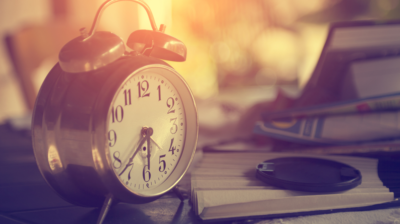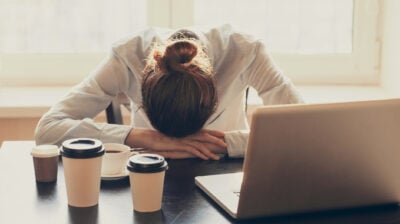How sleep can affect your mental health
Sleep can have a big impact on your mental health

There is a close relationship between mental health and sleep. It was once thought that poor sleep and insomnia was a symptom of other mental health problems. Now it is thought that poor sleep may actually be a cause, as well as a symptom, of certain mental health problems.
How sleep can affect your mental health?
If you’re struggling to sleep over a long period of time, this may lead to more challenges to your mental health, or it may make existing mental health challenges worse. Here are some ways that this might happen:
Being tired makes it harder to cope
Everyday life becomes a much greater challenge when you’re tired. Over time, this can affect your self-esteem and mental health.
You may become lonely
Feeling more tired may cause you to skip on going out and other social activities, meaning you might see less people. Becoming isolated can lead to mental health problems.
Your mood might be lower
Sleep deprivation (lack of sleep) may impact your mood and energy level. Regular poor sleep could impact your mood negatively in different ways which could increase negative thinking cycles.
How mental health problems can affect your sleep
If you’re going through problems with your mental health, such as stress, depression or anxiety, this can make it harder to sleep.
- Depression can make it more difficult to cope with daily tasks. This may result in you over-sleeping to avoid these activities, which may make it harder to sleep at night.
- If you’re feeling stressed or anxious, you may be more prone to disturbed sleep or nightmares.
- Some medication may cause sleep disturbances. It is important to let your doctor know if your medication keeps you awake or makes you too sleepy.
How to address sleep problems
A good place to start is by looking at your sleep hygiene.
Sleep hygiene means a healthy sleep pattern and habits. If you’re regularly struggling to get a good night’s sleep, there are a number of things you can do to improve it.
- Don’t have any drinks with caffeine in them after 2pm in the afternoon
- Don’t smoke or drink alcohol before bed
- Go to bed and get up at the same time every day
- Avoid looking at any laptops, phones and other screens for an hour before bed
- Make sure your bedroom is completely dark
If the above trips don’t work, visit the doctor. Many people struggle with sleep problems, and the doctor may be able to help.
Feeling overwhelmed and want to talk to someone?
- Get anonymous support 24/7 with our text message support service
- Connect with a trained volunteer who will listen to you, and help you to move forward feeling better
- Whatsapp us now or free-text SPUNOUT to 50808 to begin.
- Find out more about our text message support service
If you are a customer of the 48 or An Post network or cannot get through using the ‘50808’ short code please text HELLO to 086 1800 280 (standard message rates may apply). Some smaller networks do not support short codes like ‘50808’.






